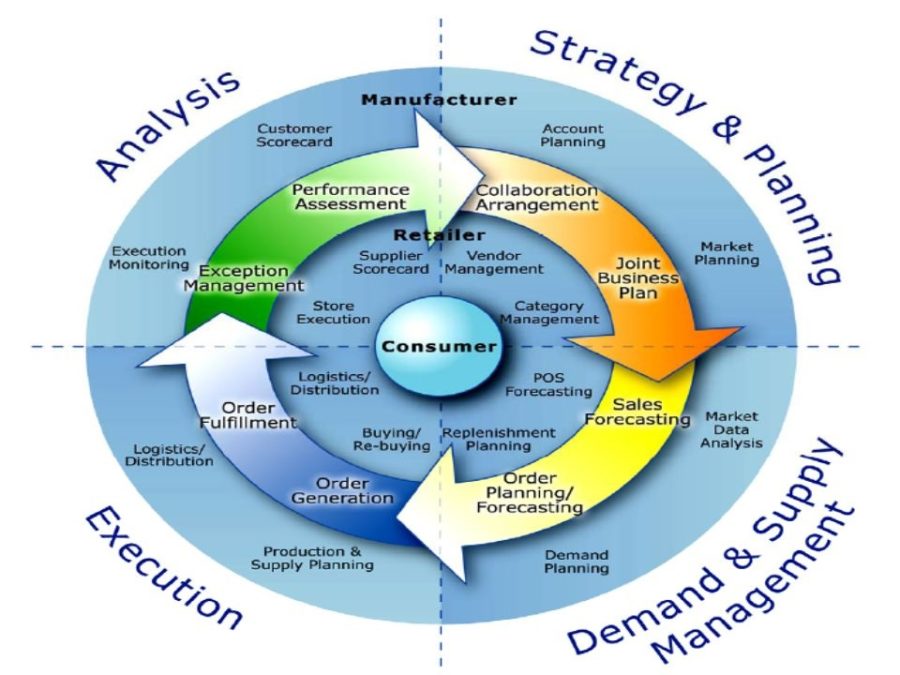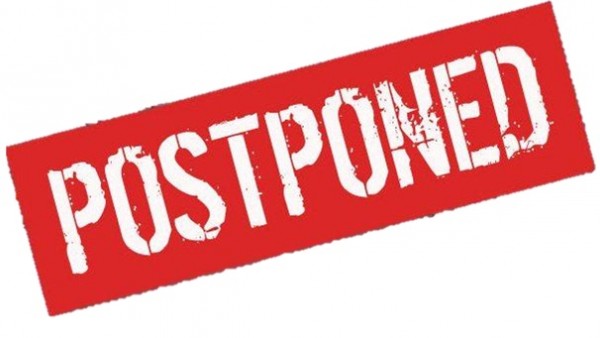A supply chain is a network of facilities, functions and activities that are involved in fulfilling customer demand. Supply chain is the network of organisations that are involved through the upstream and downstream linkages, in the different processes and activities that produce value in the form of products and services in the hand of the ultimate customer. The coordination within the entire chain is therefore very important. The supply chain covers activities on the business process, procurement, production, inventory carrying, storage, handling and distribution within an organisation. Supply Chain Management is therefore, the integration of key business processes across the supply chain for the purpose of adding value for customers and stakeholders.… Read the rest
Supply Chain Management
Green and Sustainable Supply Chain Management
Environmental changes across the world have generated a movement to identify the causes of global warming and develop solutions to end it before it is too late. In an effort to achive this, many countries are creating laws and regulations with the specific aim to reduce carbon emissions and greenhouse gas effect.
The truth is that environmental change is upon us. Not only do we have climate problems but we are also dealing with a resource depletion issue. With economies like India and China growing at near double digit rates, the population of the world continues to grow creating shortages of many resources that we use to take for granted.… Read the rest
Case Study: Zara’s Supply Chain Success Story
Zara is a Spanish fashion clothing manufacturer and retailer, formed in the 1970’s It is known that only two weeks are required for Zara to complete the development and shipment of a new product to its stores, which outweighs the average of fashion industry of six months, thanks to the collaborative relationship with customers and suppliers. Zara mainly targets on young and urban female customers and acceptable prices are offered. There are always new products in Zara stores. Even though usually Zara stores are spacious but the stock is displayed in limited quantity. This kind of strategy gives customers a sense of originality and exclusivity.… Read the rest
Case Study of Cisco: Transformation of Entire Supply Chain into an Extended Enterprise System
Cisco Systems of San Jose, California, is a company that develops networking devices such as switches, routers, network management software, and dial- up access servers. By the mid 1990s, realizing that growth depended on our ability to scale manufacturing, distribution and other supply chain processes quickly, Cisco managers decided to reinvent its business model and turn itself into a Web-enabled company. An ‘ecosystem’ which in fact transformed the entire supply chain into an extended enterprise system based on internet technology was created in order to links customers, prospects, partners, suppliers and employees in a multi-party, multi-location electronic network.
E-Business can be defined as all electronically mediated information exchanges, both within an organisation and with external stakeholders supporting the range of business processes.… Read the rest
Collaborative Planning, Forecasting and Replenishment (CPFR)
Collaborative Planning, Forecasting and Replenishment (CPFR) is defined as a business practice that combines the brainpower of two or more trading partners in planning the ways to fulfill the customer demand. They also explained the relationship that CPFR links best practices of sales and marketing, such as category management, to the implementation of supply chain planning and completion process, to increase availability while reducing inventory, transportation and logistics costs. Basically CPFR is an approach that deals with the requirements for good demand management. The most involved industries with CPFR are consumer products and food and beverage.
The main objective of Collaborative Planning, Forecasting and Replenishment (CPFR) is to “optimize” the supply chain process by:
- Improving accuracy of forecasting demand,
- Delivering the right product at the right time to the right location,
- Reducing inventory,
- Avoiding stock outs, and
- Improving customer service.
Postponement Strategy in Supply Chain Management
Postponement is first implemented in manufacturing processes to reduce cost of inventory and improve service level within the company while the product variety increases. The concept of postponement is to delay the change in form, identity and place to the latest possible point until customer commitments have been obtained. It is by exploiting the commonality between items and by designing the production and distribution process so as to delay the point of differentiation. Postponement is closely intertwined with modularization where products in a certain product family are designed where all of them consist of different standardized units. With modularization, combination of different standardized sub-components allows the producing of different end products.… Read the rest





